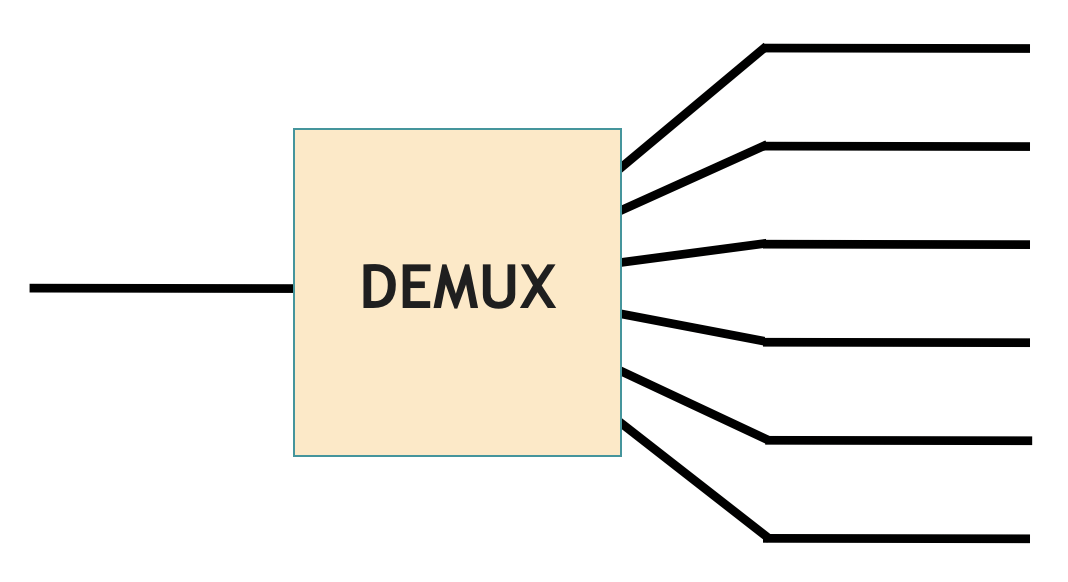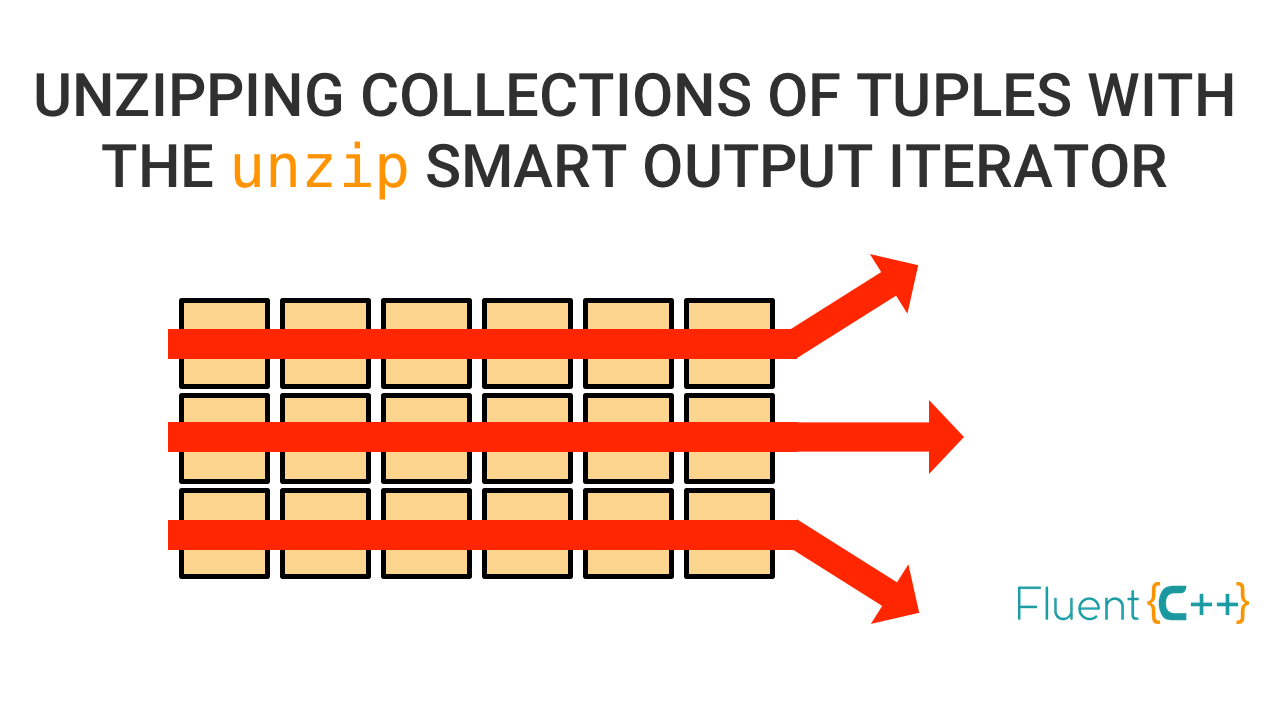Generalizing Unordered Named Arguments
Today’s guest post is written by Till Heinzel. Till is a physicist-turned-software developer at Luxion Aps in Denmark, who is very interested in expressive C++ and the growth of the language in a more expressive direction. Till can be found online on LinkedIn. First off, I would like to thank Jonathan for creating FluentCpp and […]



